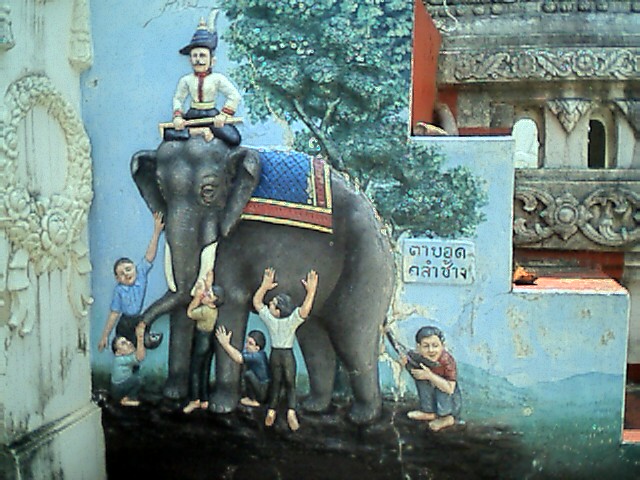|
The Breadcrumbs widget will appear here on the published site.
There are two kinds of blindness.“I don't know that I've ever felt the presence of God in prayer. He seems to show up when we least expect him. But even if we don't feel that presence, should we pray anyway? We can't judge the fruits of any practice solely on the basis of our feelings. Prayer is either objectively worth something or it isn't.”—from Love & Salt: A Spiritual Friendship Shared in Letters by Amy Andrews & Jessica Mesman Griffth Blood does not sicken me. Mucous does not disgust me. Yet I used to cringe at ordinary human touch. The Metro had taught me to avoid contact. Suck in your tummy. Don't breathe. Do whatever you need to do to ensure that you don't touch a stranger on the Metro. At a young age, I was discouraged from meeting strangers' eyes and certainly from brushing against anyone. Anytime strangers bumped into me at, say, a museum or the mall, I'd feel affected long after that fleeting moment. People, I was raised to think, are not to supposed to touch people they do not know. Part of this instruction came in order to alert me to sexual predators. It's not unheard of for men to, for instance, rub up against women in the Metro. But the instruction otherwise had no rationale. Just don't do it. I once read that black maids were taught to place a glass of water on the table in front of their white employer instead of handing the glass directly to that person. Why? So they would not touch. The black person and the white person were not supposed to know each other well enough that touching would've felt comfortable. Jim Crow might not have pervaded the South for so long had black maids been allowed to casually touch the white women they served. People bond through touch. It is important and even humbling to touch a stranger. Twice in one day in the not so distant past, I was expected to touch people I had never met before, and rather intimately at that. It was September in Peru and I was on a mission trip. I went with a Catholic charity even though I wasn't active at any parish anywhere. But I needed to challenge myself. That morning the mission leader told another missionary and me that we would be accompanying a nurse to the outskirts of town. A long, bumpy car ride later, we found ourselves in a mostly abandoned neighborhood on the border of civilization and the desert wilderness. The driver parked the car where the road ended and we walked to the home of a blind elderly man. He lived in a bamboo hut full of sand. Clusters of bottles were tied to the hut's entrance so the man could hear visitors or intruders. The man relied on his neighbors to bring him food and water, and the parish nurse to help him with basic hygiene. The man greeted us from his bed, but did not really make conversation. Instead, he started praying loudly and desperately. He wore an American T-shirt and shorts that seemed relatively clean, but his skin was covered in flies and sores. I batted the flies away as the nurse explained my first task: I had to shave the man. I sat down beside him, trying to ignore his overwhelming odor. As I patted his face with a moist towelette, I wished I knew what had happened to his wife. On the ride over, the nurse told me the man had two grown sons: one who visited every week and one who had become a stranger. I was afraid to bring the razor to the man's face. I'm prone to nicking myself when I shave my legs. What if the man moved and I sliced his cheek? I shaved a tiny patch of the man's coarse stubble. He stopped praying when he realized that I had started. I shaved another tiny patch, gradually working up to longer strokes, but still moving slowly. At some point, perhaps because he was bored, the man began praying again. I asked him to stop because he moved when he prayed. My request was ignored and Mary was hailed again. While I shaved him, the other missionary cut the man's nails—an equally intimidating task as the man continued to rock back and forth. After I finally finished shaving the man, the nurse asked me to clean the man's arms and legs. She gave me a couple of moist towelettes, and I patted and scrubbed his blemished skin. There were times when the man seemed to look directly at me and other times when he perceived something in the distance. I felt much more at ease touching him now. When I completed the task of cleaning his limbs, I was surprised that it was over. The nurse packed her things and we said goodbye to the man. We had to move on to the next house. To be continued... #ChristianCharity #CommunityEngagement #Humility #TouchingStrangers CommentsComments are closed.
|
|








